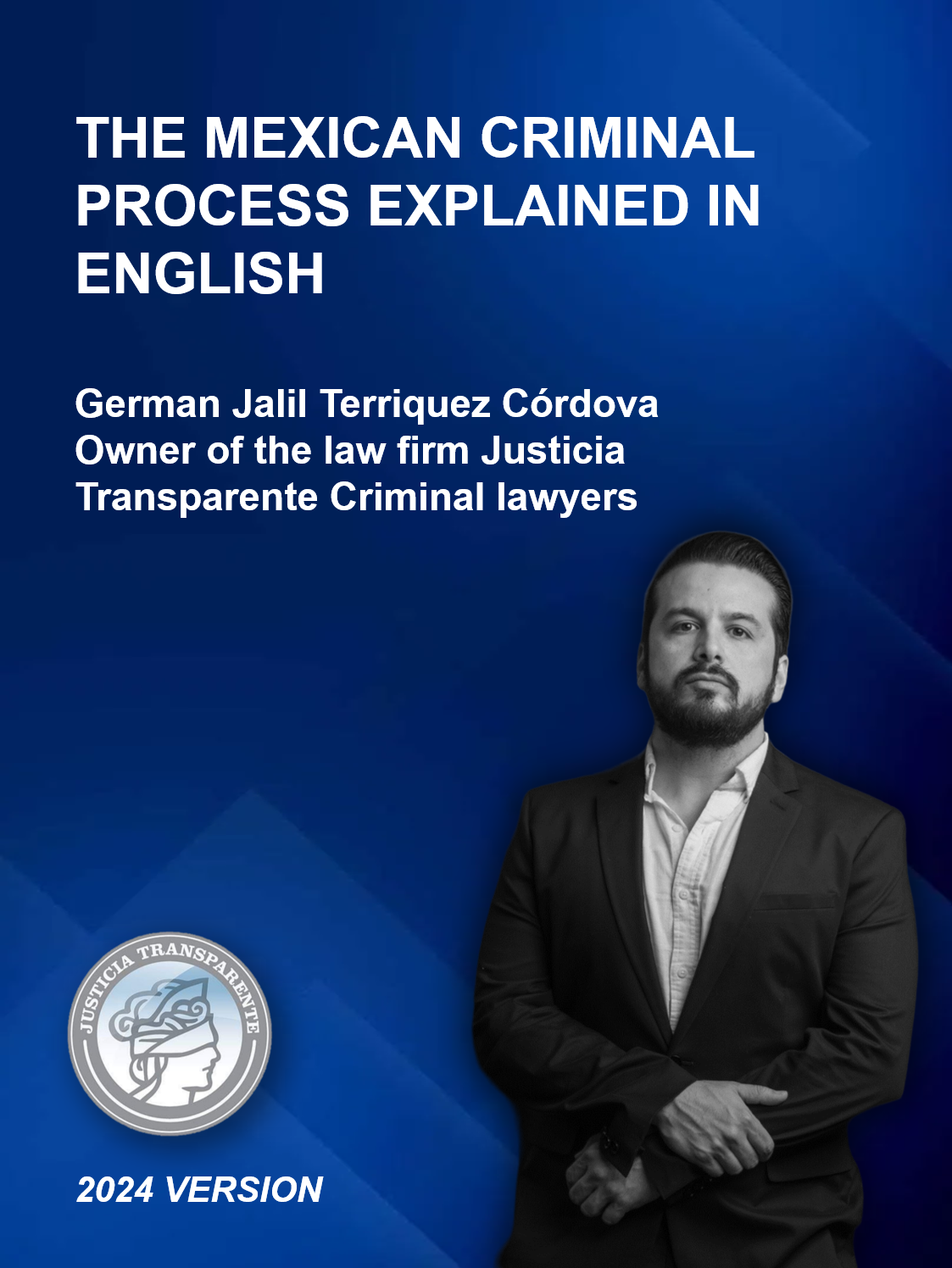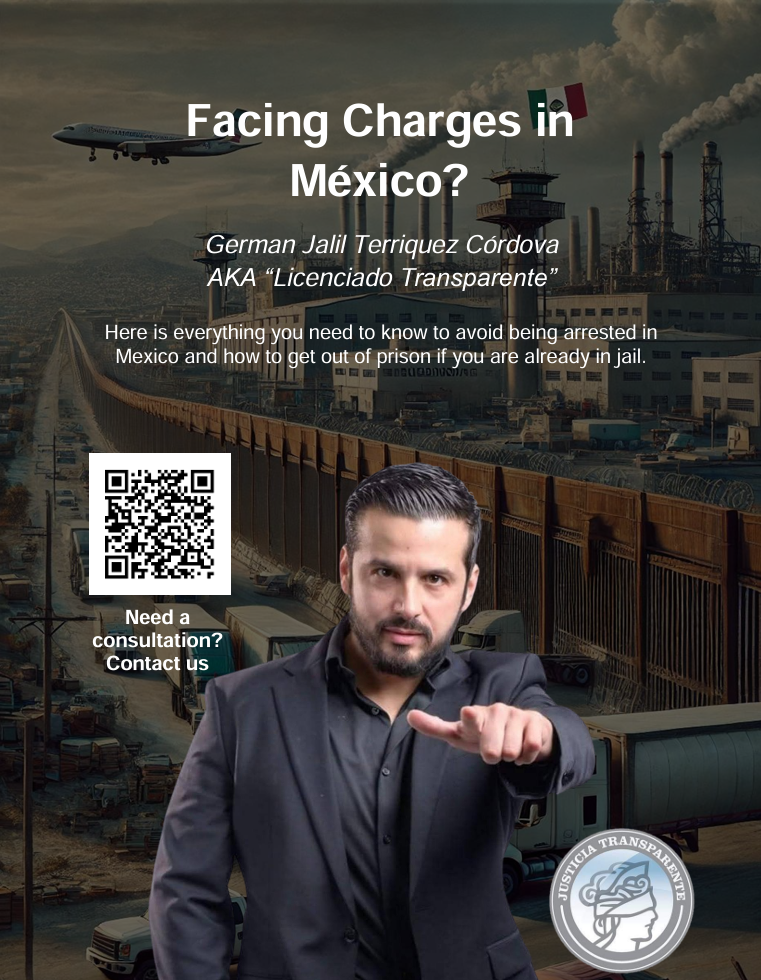
The secret to the grave
Criminal defense lawyers in Mexico have the obligation (without any exception) to maintain attorney-client privilege when a client seeks our services for criminal issues in Mexico. This applies regardless of whether the client has confessed to a serious crime such as first-degree murder or a minor crime such as domestic violence. From the moment we speak with our client, we are obligated to provide legal advice and maintain confidentiality.
these are the laws that protect attorney-client privilege in Mexico:
National Code of Criminal Procedure.
Article 362. Duty to Maintain Confidentiality
The testimony of individuals who, due to their knowledge of facts by virtue of their profession or occupation, have a duty to maintain confidentiality is inadmissible. This includes religious ministers, lawyers, human rights visitors, doctors, psychologists, pharmacists, and nurses, as well as public officials regarding information that is not subject to disclosure according to relevant laws. However, these individuals cannot refuse to testify if they are released from the duty of confidentiality by the concerned party. If summoned, they must appear and explain the reasons for their obligation to maintain confidentiality and refrain from testifying.
Accused a relative of a crime in Mexico? Do you need to know if it is a crime to bring weapons into Mexico? Do you need to know if it is a crime to bring marijuana into Mexico? The prosecutor is accusing me of having committed a crime that I did not commit? Has your loved one been in jail in Mexico for years?
If you are in one of these situations, hire an online consultation.
Do you want to avoid an arrest warrant against you in Mexico?
This article primarily regulates the impossibility of a public prosecutor being summoned by a court to testify about what was discussed with their client during a trial.
In other words, it is inadmissible for a judge to accept the testimony of a lawyer, even if the lawyer previously represented the defendant and was later dismissed by the defendant. In such cases, their testimony in court is also inadmissible.
Visit our online store
One of our products can help you
Federal Civil Code.
Article 2590. The attorney or lawyer who discloses to the opposing party the secrets of their principal or client, or provides them with documents or information that could harm them, shall be liable for all damages and will also be subject to the provisions of the Penal Code for such cases.
The Civil Code also penalizes an attorney who provides documentation to the opposing party, that is, to the attorney of the other side.
This legal provision is also regulated in criminal matters, so sharing legal information about the case with the opposing party is prohibited.
Federal Code of Civil Procedure
Article 90. Third parties are required at all times to assist the courts in discovering the truth. They must promptly produce documents and things in their possession when requested. Courts have the authority and duty to compel third parties, using the most effective means of enforcement, to fulfill this obligation; however, in the case of opposition, the courts will hear the reasons for the opposition and resolve the matter without further appeal. Exempt from this obligation are ascendants, descendants, spouses, and individuals who must maintain professional confidentiality, in cases where it involves proving against the party with whom they are related.
This provision strengthens the Mexican legal framework by excluding criminal defense attorneys from the legal obligation to assist the judicial authority concerning their client’s confessions. Therefore, the judge or prosecutor cannot request that the attorney provide documents or evidence submitted by the client to their attorney and which have been strategically withheld from the trial.
What is the penalty for an attorney violating the right to confidentiality?
The Federal Penal Code in Mexico establishes penalties for attorneys who reveal their client’s professional secrets, as outlined in the following articles:
Article 210. A penalty of thirty to two hundred days of community service will be imposed on anyone who, without just cause and with harm to someone and without the consent of the affected party, reveals any secret or confidential communication known or received due to their employment, position, or role.
Article 211. The penalty will be one to five years of imprisonment, a fine of fifty to five hundred pesos, and, if applicable, suspension from the profession for two months to one year, when the penalizable revelation is made by a person providing professional or technical services or by a public official or employee, or when the revealed or published secret is of an industrial nature.
It is uncommon for criminal investigations to be conducted in Mexico against attorneys who have not fulfilled their duty of confidentiality. However, you can file a complaint against any attorney who fails to maintain professional secrecy.
Do I need to sign a confidentiality agreement with my criminal defense attorney to ensure they are obligated to maintain confidentiality?
Legally, it is not necessary to sign a confidentiality agreement, as the duty of confidentiality in criminal matters begins from the moment you consult your attorney, whether in person or online.
However, you can request a confidentiality agreement from your attorney, which may be useful if your attorney breaches the duty of confidentiality and intends to initiate an investigation into that crime.
The Mexican criminal process explained in English

Facing Charges in México?.



